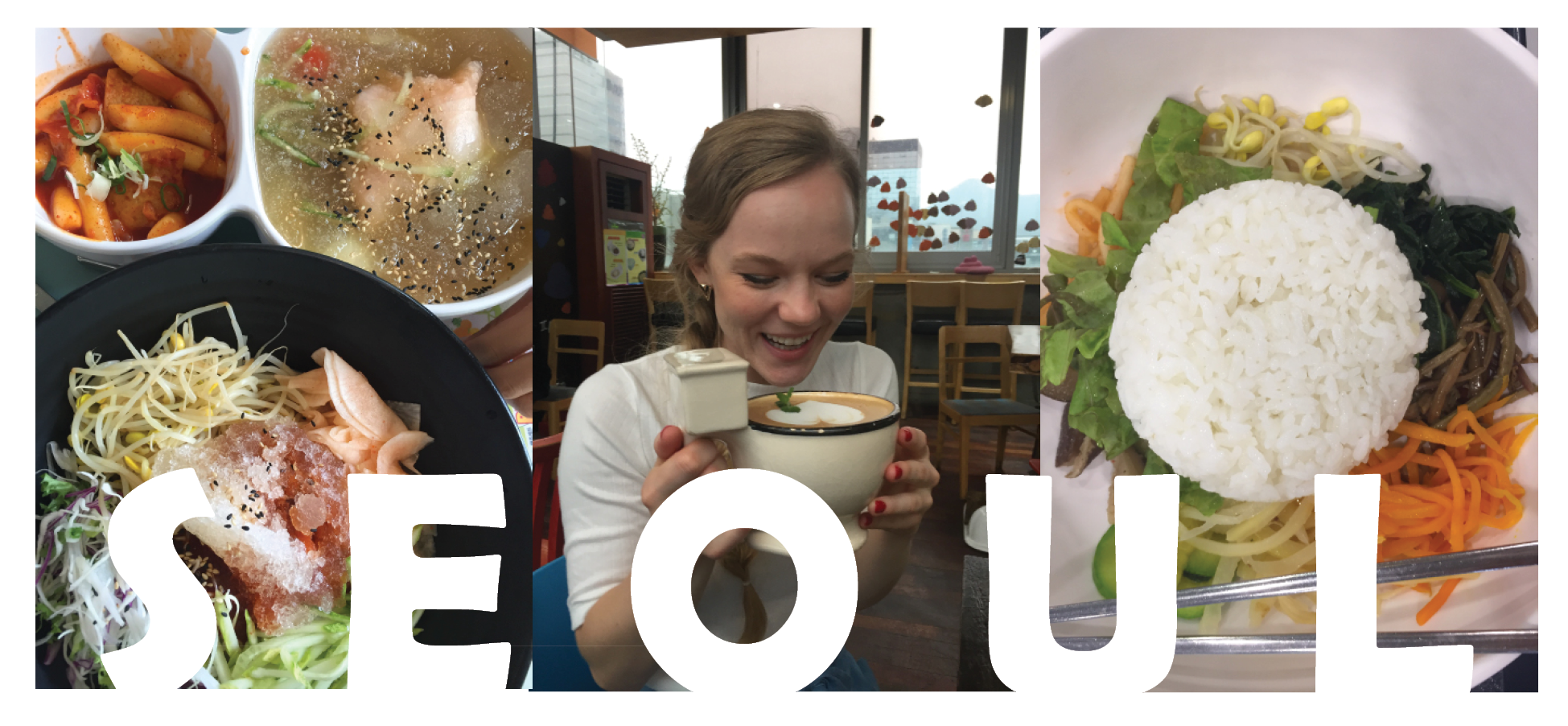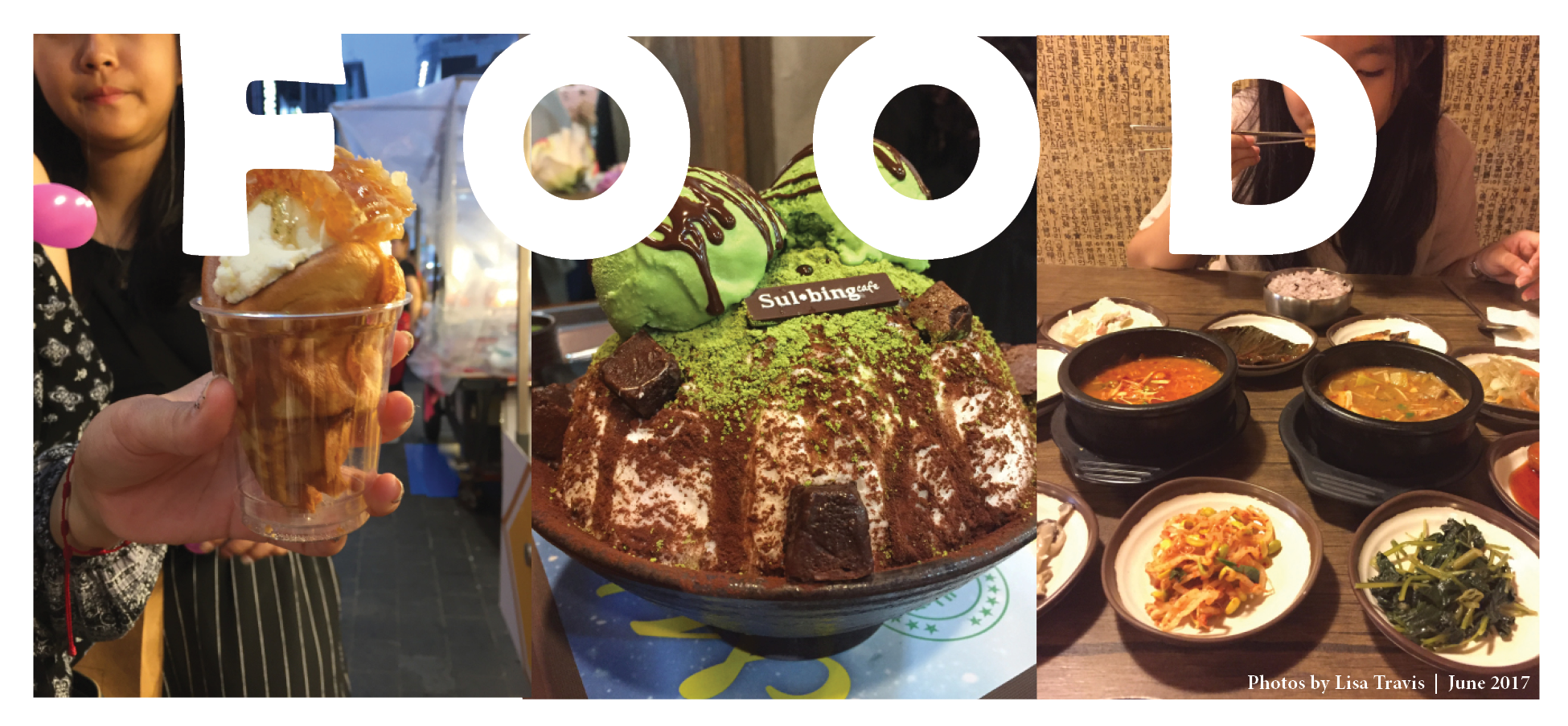
On a Friday night in the Hongdae district, the streets light up with locals of all ages, performers, and food-cart vendors. Whether it's spiraled tornado potatoes, hotteok filled pancaked, or mandu dumplings, Korean street food is a must-have when enjoying a night on the town. For just 2,000 Korean Won (about $2 USD), you can grab a towering ice cream sundae inside the mouth of a carp-shaped pastry called bungeoppang - often topped with fresh honey comb. Or grab a foot-long skewer of freshly sliced fruits or assorted sausage links. For something a little more hearty, diners can stop in one of the hundreds of sit-down restaurants serving traditional and re-imagined Korean cuisine. Twenty-four-hour Korean barbecue spots and twigim (fast food) joints line the streets.
From street eats to gourmet grub, South Korea's cuisine is unique. Both traditional and new-wave food is the inspiration for the recent boom in Korean restaurants around the world, including the U.S. After all, the Korean Wave isn't just about K-pop and cosmetics it's about K-culture and food is a huge part of that. Over the past ten years, the Korean food craze has exploded globally and it's about time!
South Korea's creative content government agency (KoCCA) had envisioned this flourishing to happen decades ago. At the agency's inception in 1979, the government insisted that the key to hearts around the world was through their stomachs. Funding was initially poured into the food industry before the birth of K-pop in 1989 began changing minds. Although everyone understand the universal feelings of hunger, it's much easier to export and share music and video internationally and maintain quality than it is to ship out food. Then, once the internet was born and YouTube was introduced, the food promotion had fallen by the wayside.
Now, after hearing, seeing, and reading about our favorite Korean stars' go-to snacks, the food game is back on. Introducing new products and cuisine is much easier with pre-established K-culture brand ambassadors multiplying every year both as celebrities (k-pop idols and actors) and grass-roots influencers (the international fandom).
